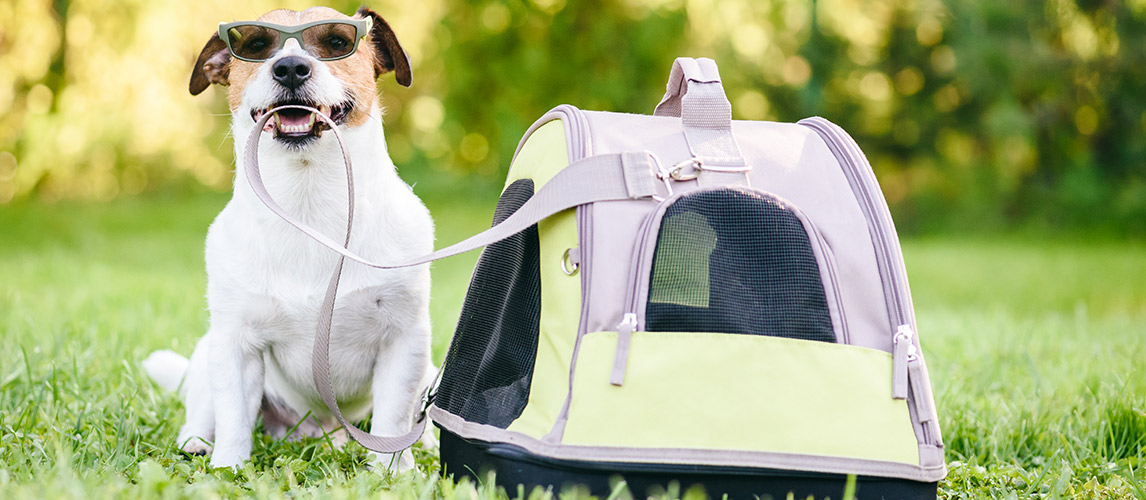There are more and more pet owners these days, but this is coupled with the fact that more and more people are living in rented accommodation. It is often difficult for these two facts to coexist together, and pet owners can find it an increasing challenge to get a place that accepts their furry friend along with them.
Why Landlords May Not Permit Pets
There are a number of different reasons why a landlord may not permit you to rent with a dog, cat, or other animals. First, there are the potential damages that pets can cause around the home that end up leading to costly repairs. Perhaps the landlord has had a bad experience with a pet in the past that has soured their opinion now. Animals can sometimes be noisy, which can lead to complaints around the neighborhood. Smells are also a concern as some lingering pet odors can be very hard to clear. Also, if animals aren’t properly treated for fleas and other pests, this can lead to the property becoming infested. If it is a shared property, other tenants may be an issue as they have allergies, or they simply don’t like animals.
How To Rent with a Pet
Start the Planning Stages Early
If you are on the hunt for an animal-friendly apartment that you can share with your four-legged friend, you need to start the hunt early. Not only does it have to accept pets, but it also has to be a place that is suitable from your own point of view too. Give yourself as much time as possible to find the best place. If you are able to expand your search area a little wider, you are more likely to find the property that works for you and your furry friend. Look out for animal-friendly forums or personal recommendations to help you in your search. If you are looking at renting a house with multiple pets, you will need to start the search even earlier to find a landlord who is amenable to your particular situation.
Make a Case for Your Pet
Some landlords are a bit on the fence when it comes to pets, so you should do your best to put them at ease. For example, you could show them copies of your pet’s medical records to reassure them that everything is up to date in this regard. If you have rented in the past, get a positive recommendation from your previous landlord that states there have been no issues with you and your pet. This could tip the balance in your favor.
Check the Contract
Once you have found a landlord who is happy to accept your pet in the property, now is the time to start looking at the small print of the contract. This will set out the terms and conditions of what you can and cannot do in the property. You will want to amend it to state that you can keep a pet, though your landlord may ask you for some reciprocal responsibilities such as the duty to keep the property clean and odor-free. You may be expected to pay for a professional clean at the end of the tenancy or you may have to pay a bigger deposit at the start of the tenancy. Ultimately, you have to decide the apartment pet rules that are acceptable to you. Don’t sign anything that you feel uncomfortable with.
Related Post: Pet Odor Neutralizer
Introduce Your Pet to the Landlord
It can help to make your case even stronger if you introduce your pet to the landlord and they fall in love themselves! You can show how well-behaved your pet is and how well they interact with strangers – assuming they do! Even if you are not dealing with the landlord directly, you could convince the letting agent with a visit from your furry friend.
Pet-proof the Apartment
Once you have moved into the new place, you should do everything possible to avoid damage from your furry friend. Start by identifying any areas that your pet could damage. You may decide that you have to get dog gates or barriers to keep them away from certain areas. When it comes to choosing the things that your pet needs, everything should be temporary and easy to remove. For example, if you are going to install a cat door, it should be one that can be removed rather than one that requires permanent installation. If you have a dog and you are out on walks together, you may have to work that little bit harder to keep your pooch clean. Or if they do roll in anything unpleasant, you should try and clean them up as best you can before getting back home.
Related Post: Dog Paw Washer
Never Keep a Pet without Consent
One of the most important rules to follow is that you should never keep a pet without consent. Always be upfront and honest with your landlord. If once of your neighbors complains or your landlord finds out in another way, there is every chance that you could be in breach of contract and this could then trigger the eviction process.
Can My Landlord Evict Me for Having a Dog?
This depends on the particular aspects of your contract and whether you are in breach of any of them. Of course, as we have just mentioned above, if you are not supposed to have a pet there, this is quite clear grounds for eviction. But if you have set out a contract and you have stuck to it as best you can, you shouldn’t experience any problems. If you do, you may need to seek legal advice about your rights.
Final Thoughts
Renting a property with a pet can be a particularly challenging situation, but by following these top tips, you help to increase your chances of finding a great place, while also ensuring that your landlord stays happy with you and your four-legged friend.
Sources:
- Information For Renters With Pets, The Humane Society
- Kaitlyn Mattson, Pet-friendly Rental Housing Comes With Restrictions, Hard To Find, American Veterinary Medical Association









